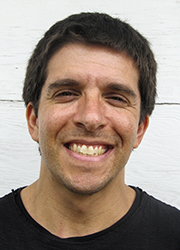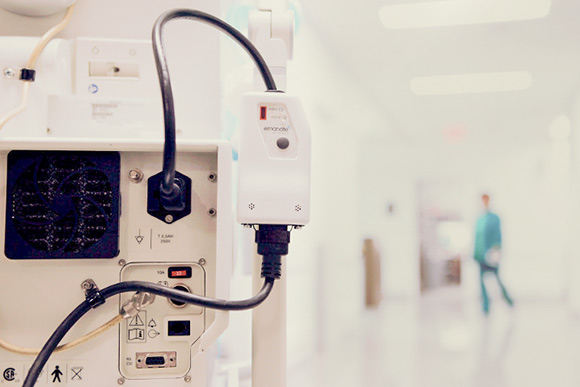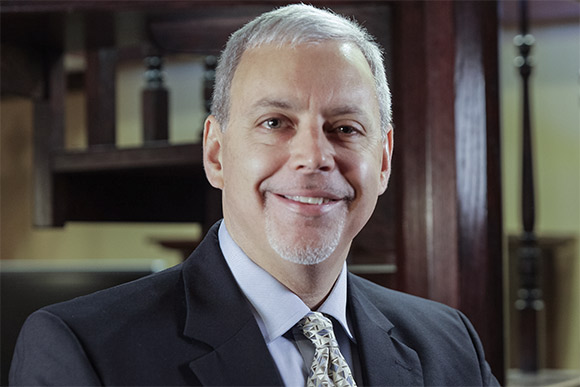Cleveland healthcare IT firm creates hot idea for cold hospital storage
Tens of thousands of vaccines, pharmaceutical lab tests and food items spoil each year due to faulty hospital refrigerators, costing medical systems money while posing a danger to patients.
Healthcare IT developer Emanate Wireless has a solution to this problem, and recently corralled a good chunk of money to implement it. In December, the Cleveland-based startup raised $1.5 million in angel funding for its wireless PowerPath Temp device, which monitors both the internal temperature and power draw of medical refrigerators.
The monitor alerts staff of compressor issues, defrost failures and ajar refrigerator doors before temperatures lower to the point where spoilage can occur. Early detection results in preventative maintenance that protects patients and hospital assets, says company CEO Neil Diener.
Emanate's wireless system, resembling a laptop's power brick, efficiently sends information to a cloud-based server, eliminating the need for staff members to check cold storage themselves and log the results by hand.
The startup co-founder notes that, unlike the competition, Emanate's tech tracks whether a fridge's defrost cycle is active, or if its compressor has been running too long.
"Any change in behavior will be noticed," says Diener. "It gives an early warning that maintenance is needed. There's a number of competitive solutions that do what we do, but when you get an alert telling you temperature is out of spec, it may be too late, and result in hundreds of thousands of dollars in pharmaceuticals getting tossed out."
Emanate, which received coaching and fundraising assistance from the BioEnterprise business group, currently sells the monitor along with an annual subscription for operational software. The company also designed an iPhone app that lets hospital employees check the monitor remotely.
Recently acquired capital will help Emanate scale up its current offerings and continue to broaden its portfolio. Two Cleveland Clinic facilities, Avon Hospital and Marymount Hospital, are among the local entities using the high-tech solution. The company, with help from business partner, Accruent Healthcare Solutions, brought on a Pennsylvania hospital network as well.
2017 could see expansion to additional hospitals from a home base that Diener believes to be a great place to build a healthcare IT startup.
"There's lots of positive momentum in Cleveland with a great hospital system," he says. "Anything you can do to make their lives easier has a positive effect on what they're able to do for patient outcomes."



